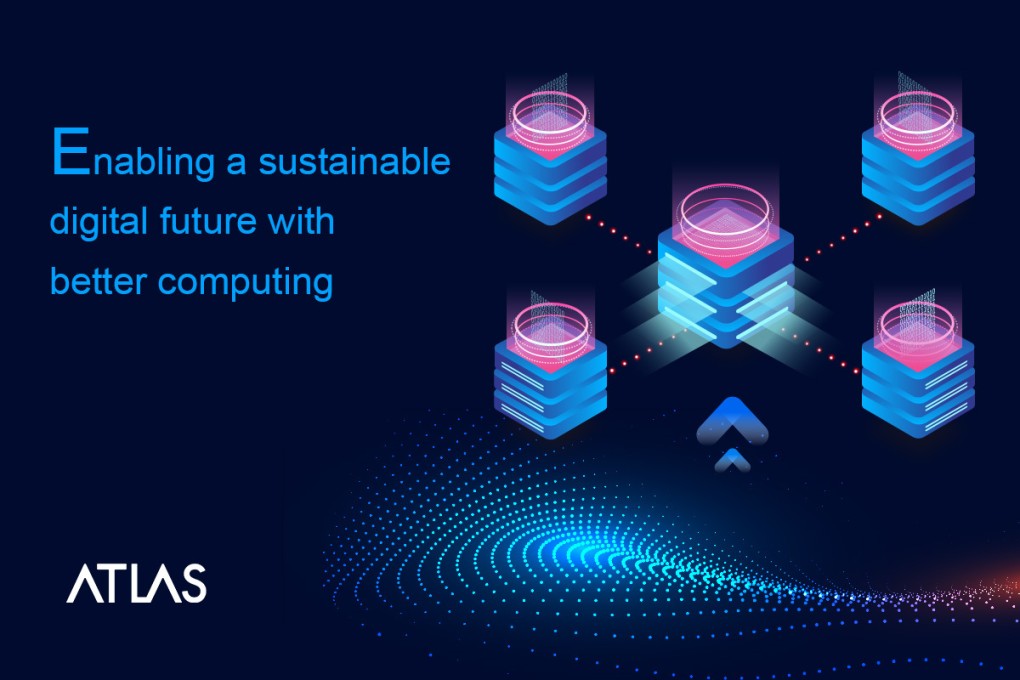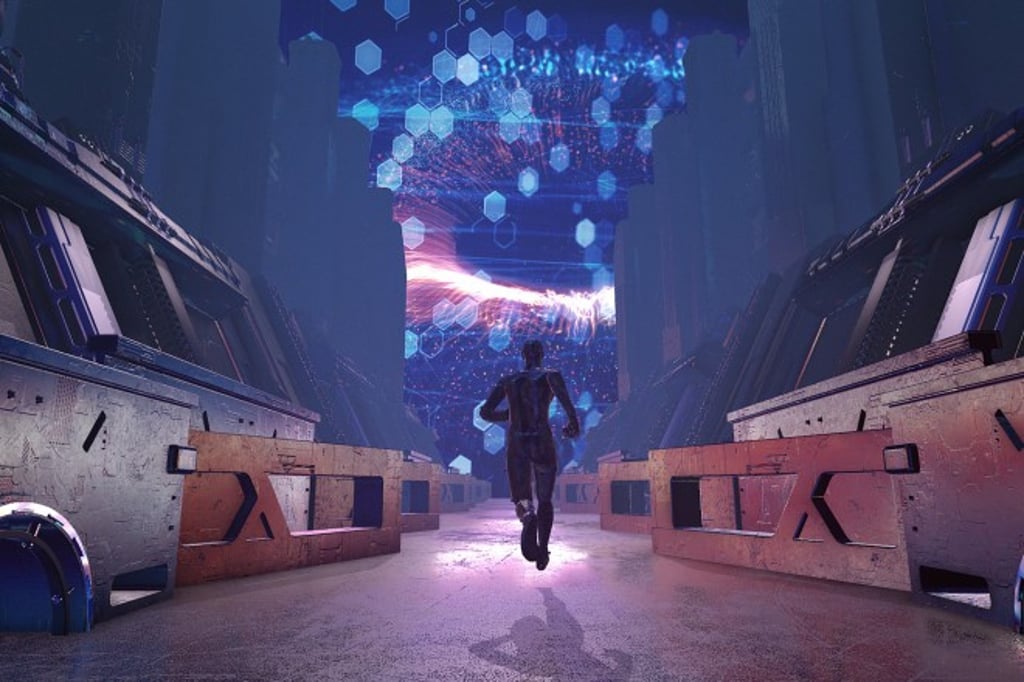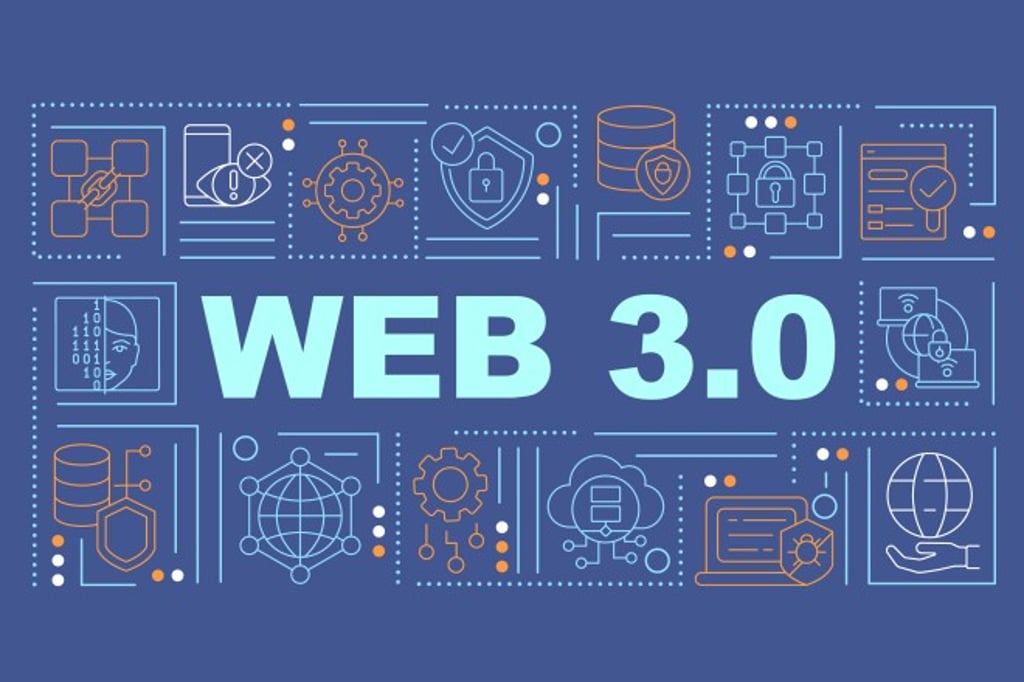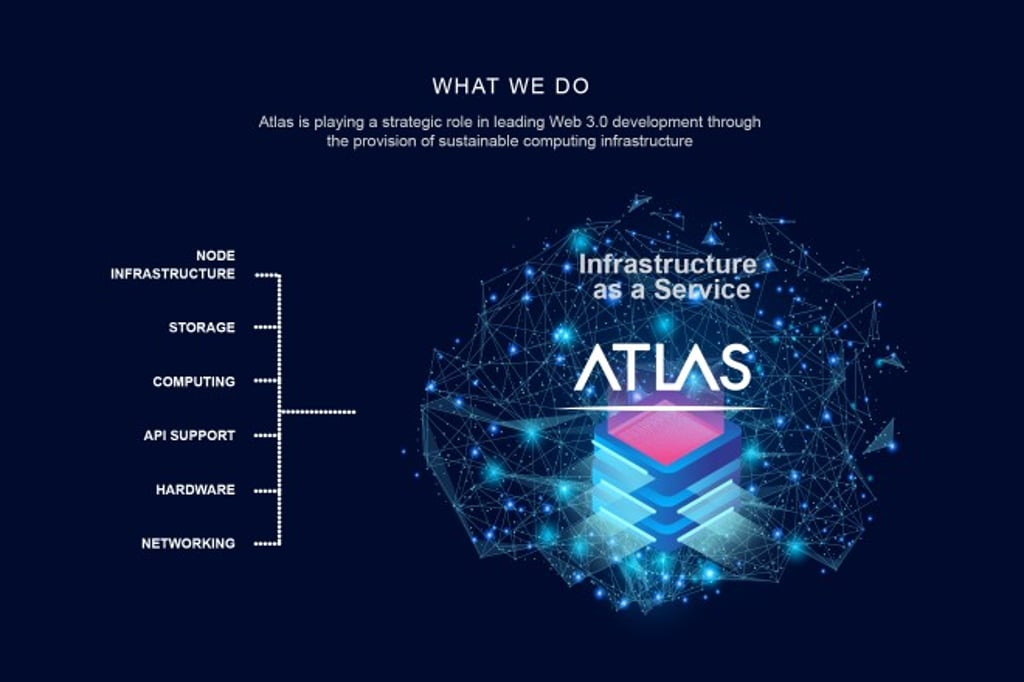Atlas is building the next chapter of the internet

[Sponsored Article]
Web 3.0 is the next chapter of the internet which has already attracted billions in investment and has seen many enterprises double down on its future. Its growth will see an internet emerge which is underpinned by blockchain technology and characterised by distributed computing, autonomous and intelligent models of operation. This is in contrast with the current iteration of the internet, Web 2.0, where ownership and control of data is principally centralised.

Those of us who witnessed the exponential creation of value the shift to cloud has enabled will realise the systemic impact the shift to this next chapter of the internet will bring. Principally, Web 3.0 is not a technology upgrade. It is a new paradigm enabling new models of economics, where advanced technologies such as artificial intelligence play a role to increase productivity, and ultimately enable entirely new business models that are unimaginable today. The “Decentralised Autonomous Organisation”, where all market participants own and contribute to the running of a platform, is just one example of a novel business model made possible under Web 3.0.

And this shift is a lot closer than we think.
Rising venture capital, mainstream adoption of digital assets, the growth of confidential computing and the rising number of Web 3.0 developers are just some of the early signals of this inevitable next chapter. Decentralised financial systems already hold around $100 billion in assets, a drop in the ocean of its full potential. Yet in the same way AWS and Microsoft built the backbone to support many of today’s cloud-enabled services, Web 3.0 also needs infrastructure.

One such company is Atlas, a Singapore headquartered technology group and one of the world's largest next-generation computing infrastructure-as-a-service providers. It is one of the early movers in the space and from day one its strategy was to build the computing infrastructure needed to underpin Web 3.0.
Atlas has long been a leader in the building cutting-edge infrastructure solutions in high performance and application specific computing to support the development of Web 3.0. Its comprehensive service offering includes ASIC computing, node infrastructure, networking, hardware and software, API support as well as storage.
Atlas has witnessed rapid growth over the past year and recently opened new offices in Dubai and Norway. Building on this momentum, the company plans to further expand its coverage in nine countries and regions to over 30 in the next five years. This will give the company extensive coverage in supporting the Web 3.0 transformation of enterprises and partners anywhere in the world.
However, Web 3.0’s increased computing demands will also put pressure on climate change goals at a time when sustainability is high on the boardroom and political agenda. Atlas has been committed to the sustainable development of Web 3.0 and as part of its latest expansion plans, it has committed to adopt 75% clean energy by 2022, 90% by 2023 and ultimately reaching 100% by 2024.
Furthermore, the company is in partnership discussions to explore advanced technologies and operation mechanisms such as under-water data centres, to enable progressive and sustainable development of Web 3.0. A pilot under-water data centre is projected to launch in the second half of 2022.

When we look back into history, the Web 1.0 era, characterised by one-way information flow, lasted 16 years from 1989 to 2005. The current iteration of Web 2.0 has been with us since. Yet with major leaps in advanced technologies and an increasingly connected world, the shift to a new chapter of the internet is not only inevitable, but also long overdue. It is encouraging to witness this shift happening now. Perhaps now is the best time for us to reimagine and build the future.